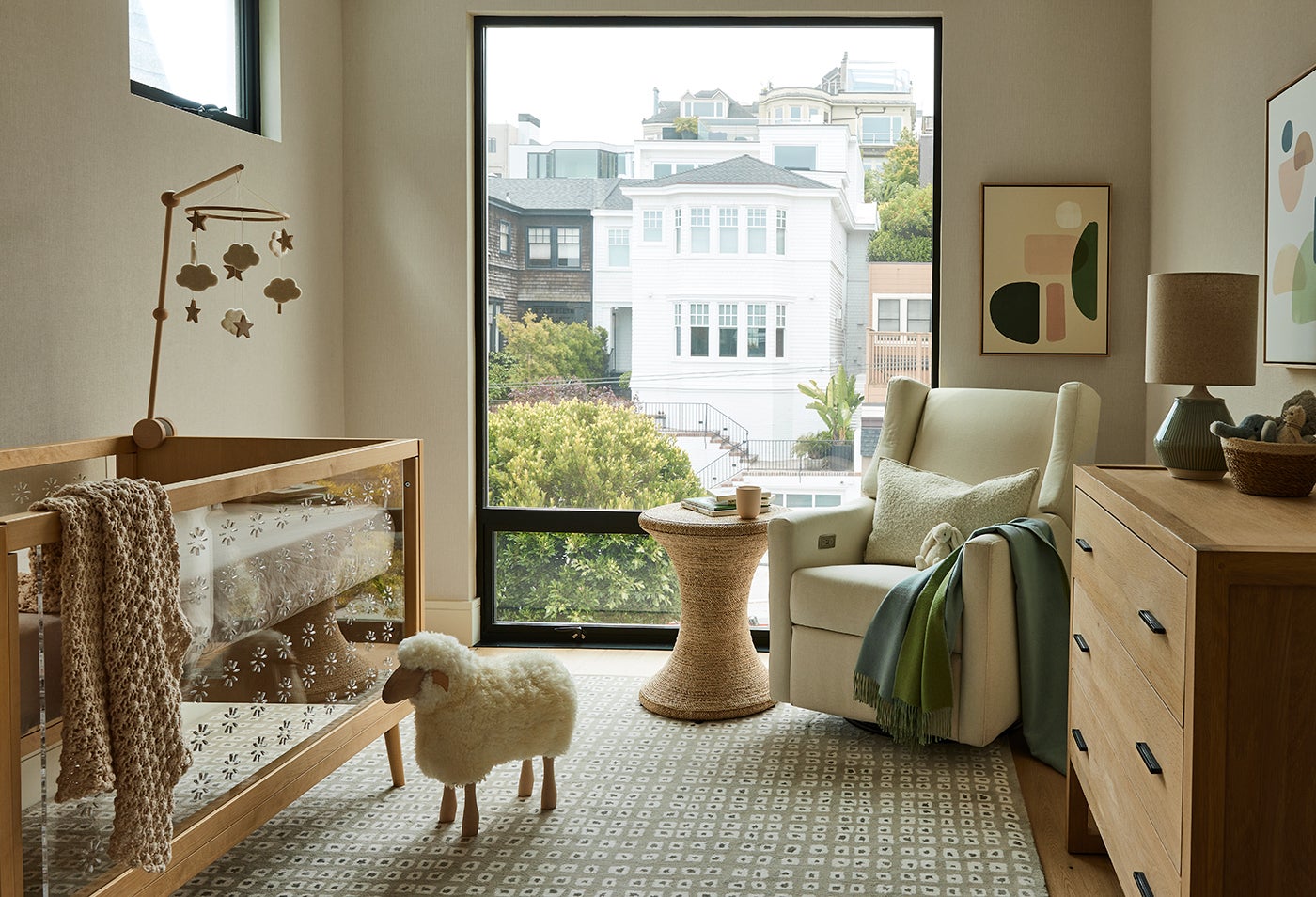No matter how experienced the team member, everyone deserves a chance to grow in their workplace, be it professionally or personally. We asked seven designer leaders—Tineke Triggs, Gillian Gillies, Victoria Holly, Brittney Ferguson, Williams Martinez, Sabra Ballon and Josh Minter—to share how they approach employee development at their firms.

Training Wheels
“I have found that the best way to help my employees learn and grow is to combine three things: Training with a mentor (me); bringing them to the job site for context; and letting them make mistakes with the understanding that I will check everything and redline to help them learn. I also encourage my employees to research their questions before they come to someone for advice. If they come to me or a senior designer for answers before they have tried to figure it out themselves, they are not learning as much.” —Tineke Triggs, Tineke Triggs Interiors, San Francisco

Space at the Table
“I frequently say that if you have a space at the table, you have a voice. Everyone’s views are welcome, and in a creative space, they are embraced. We might not go with everyone’s ideas, but open dialogue encourages people to have an opinion and take risks, and that allows for growth in a very natural way. At my team’s annual reviews, I ask each person what they need my help with and what they would like to do and develop. Declaring a goal keeps me and the team member accountable; it also lets me see where there is room for growth. And not all [goals] are work-related: It might be helping them get to the gym more often by modifying work hours and offering encouragement. You can’t blossom at work if your personal life is constricting you. Alternatively, someone might want to learn a new software tool or expand upon [a skill set or knowledge area], which could ultimately be a great resource to the team. I’m always open to ideas! You never know where or to whom they will lead.” —Gillian Gillies, Gillian Gillies Interiors, Toronto

Huddle Up
“It’s so important to set aside teaching moments in the schedule. Creating opportunities for shadowing and [learning] a new skill is crucial for our team. And it saves time down the line. It’s also important to foster team bonding and building—I like to have an office lunch once a week at the least. Often things can be hectic, and we’re all on our own schedules running from meetings to job sites, and that doesn’t allow a lot of time to foster relationships. So I like to make sure there is time for our team to regroup, have lunch, chat, vent and hang out with my dog!” —Victoria Holly, Victoria Holly Interiors, Los Angeles

Spread Their Wings
“I am always here to help, but once I feel an employee can handle a task, I toss them right in. This helps create not only a sense of independence and pride in their work, but it also gives the employee some breathing room to stretch their wings, try something new and feel encouraged to grow. I am a big believer of learning through both experience and mistakes—ideally, not too many mistakes, but at the end of the day, mistakes are how we all learn and grow as designers.” —Brittney Ferguson, Brittney Ferguson Interiors, Beaumont, Texas

Ask & Listen
“Your employees become your work family, and keeping an open line of communication is a must. Making my employees feel comfortable to come to me for a question or advice will show them I am there for support. I try to get an understanding of my employees’ career goals, too. That way, I can cultivate their unique perspective and skills by providing them with the ongoing training they need.” —Williams Martinez, Casa Martinez, New York and Florida

Target Practice
“I pinpoint an employee’s talents and interests, then assign them tasks or projects that help grow the skill sets in those areas. Not only does this help them take more ownership over their work, but when they are focused on building skills in the areas they are passionate about, it most benefits the firm and our clients, as that excitement flows through every aspect of the work. It is really exciting to be able to help younger designers learn and grow in this capacity.” —Sabra Ballon, BallonStudio, San Francisco

Soft(ware) Launch
“As a small firm, it can be easy to be involved in all aspects of a project. Learning to delegate and empower others is such an important skill, as it instills confidence in them and usually yields a better result. Encouraging others to look into better ways of operating, whether it be new project management software or a new source for furniture, helps to improve the process and broaden our resources.” —Josh Minter, Josh Minter Design, New York
Homepage image: Dreamy neutrals tie together this nursey designed by Sabra Ballon | Aubrie Pick





























